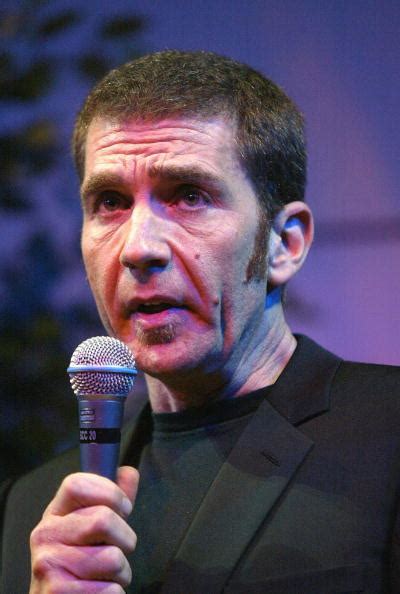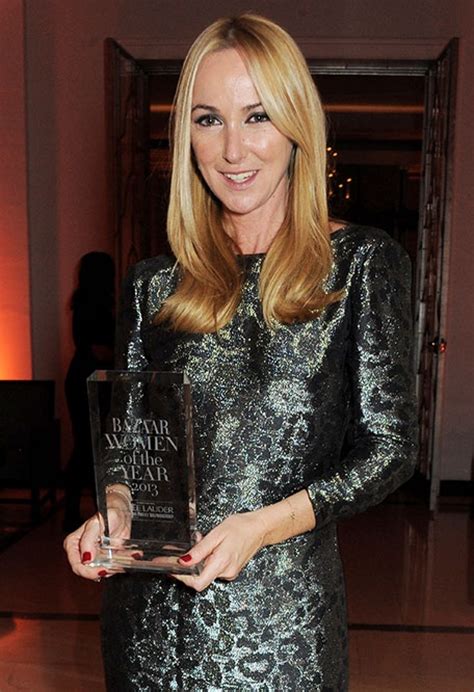A Quote by Thao Nguyen
Sometimes I say things in interviews and then I see them in print and I think, "What an asshole."
Related Quotes
? top up position down The fact that I suspect I'm an asshole means I probably am not, because a real asshole doesn't think he's an asshole, does he? Therefore, by realizing that I'm an asshole, I am in fact negating that very realization, am I not? Descartes's Asshole Axiom: I think I am; therefor I'm not one.
I get nervous when I do print interviews because I know that whatever I say is going to be shown through the lens of whomever I'm talking to. So I've read a lot of different versions of myself - and all of them are true because it's all opinion and they're as accurate as it can ever be. But I don't think that I've been deft at hiding parts of my personality.
I mean, I'm always happy if I have, like, humiliating asshole things that I did. I think: Oh good, that's a good story. Because if you write about humiliating asshole things other people do it doesn't work as well. I mean, you can, but you can get away with it better if you talk about what an asshole you are. It's much easier.
My standards are higher than they used to be, I think. They don't necessarily have to make sense, but I certainly work on them a lot harder now -- partly because I do them on the computer, and I print them out and fix them, and print them and fix them over and over again, whereas in the early days I used to just scratch down a few things on a piece of paper.
Sometimes you meet someone, and they seem great, they seem exactly what you're thinking of for the role, and then you put a camera on them, and they freeze. And other people come to life with the camera on them. I haven't discovered any reliable predictor for that; I think you just have to try it and see what happens. And, you know, sometimes the people who freeze, if you find the right magic word to say to them, you can unlock them.
I opened my mouth wide one time to see if the words I was thinking would fall out, but they wouldn’t. If words don’t want to come out, they don’t. I don’t understand when people say things and then they say, I didn’t mean to say that. Words don’t just fall out. You have to push them out. And sometimes, you can’t push them out, even if you want to.
I read reviews every time. I read them all. Sometimes they can be very constructive, sometimes not, but it's always interesting to see the opinion of others on what you are doing. Sometimes I am very furious, but I will never say to a journalist, "Please don't come back to the next show." Never. Because I think that's a very stupid attitude. I am very happy when I see the results of the company and when I see people wearing my clothes or my accessories. I think this is the best answer to criticism.





































